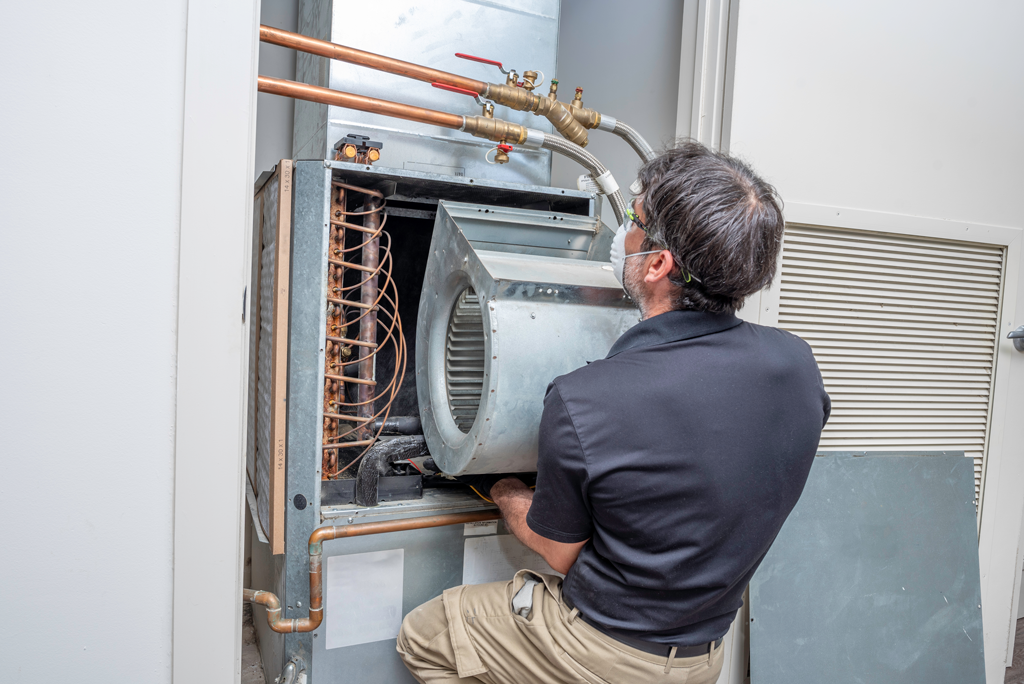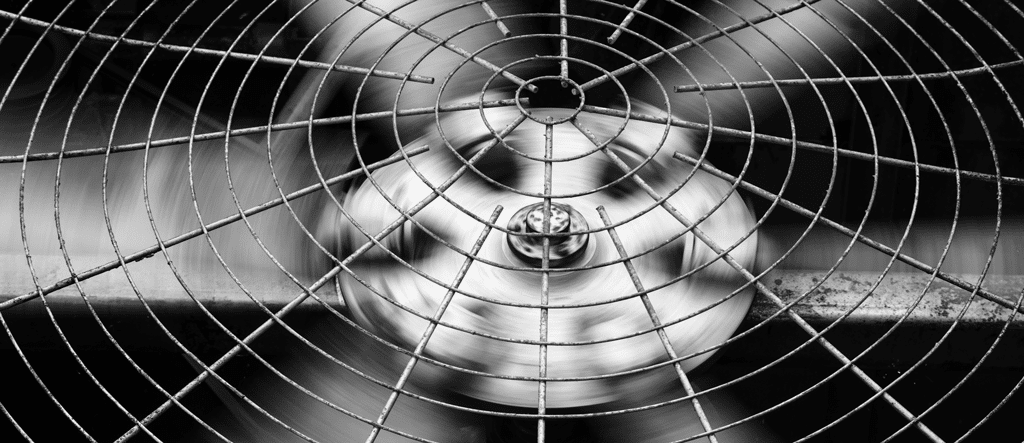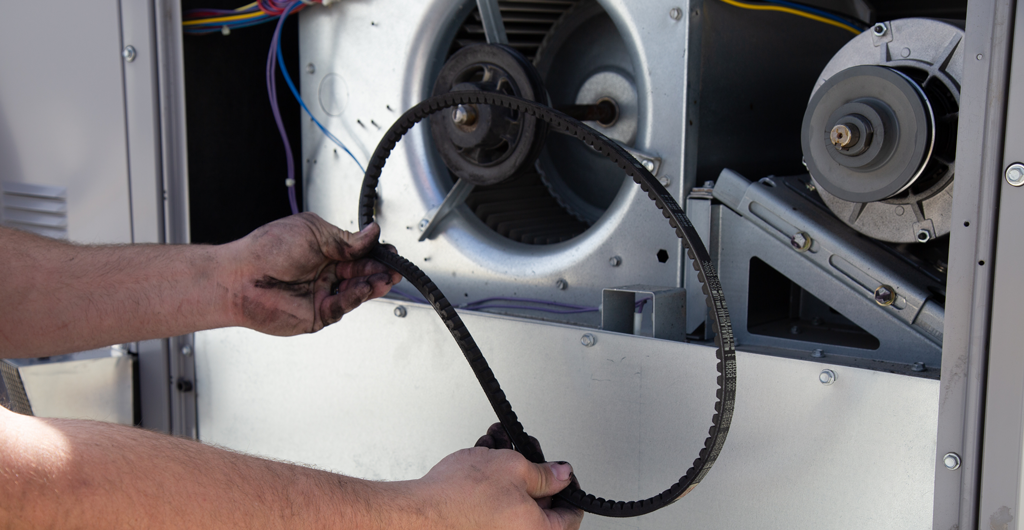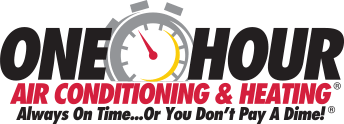
4 Quality HVAC Motor Types Available for Homes
Home HVAC systems are essential for maintaining indoor comfort throughout the year, adjusting temperatures to suit varying weather conditions. At the heart of these systems lie HVAC motors, quietly driving essential processes like air circulation and temperature regulation. Despite their unassuming nature, these motors play a critical role in ensuring efficient operation and energy conservation. In this article, we’ll take a closer look at the diverse types of HVAC motors, their functions, and why they are crucial for creating cozy and sustainable living spaces.
Single-Phase Induction HVAC Motors
In the realm of home HVAC systems, Single-Phase Induction Motors stand as stalwart companions, powering essential components that maintain indoor comfort. These motors, characterized by their simplicity and reliability, are commonly found in various HVAC applications, including blower fans for air handling units and furnaces.
Key Characteristics
Single-Phase Induction Motors operate using a single-phase alternating current (AC) power supply, making them suitable for residential settings where three-phase power may not be readily available. They are distinguished by their straightforward construction, consisting of a stator with two windings: a main winding and an auxiliary winding.
Operating Principle
These motors rely on electromagnetic induction to produce rotational motion. When connected to an AC power source, an alternating magnetic field is generated within the stator windings. This magnetic field induces currents in the rotor, creating a magnetic interaction that drives the rotor to rotate.
Applications in HVAC
Single-Phase Induction Motors find widespread use in HVAC systems due to their efficiency and cost-effectiveness. In air handling units, they power the blower fans responsible for circulating conditioned air throughout the home. Similarly, in furnaces, these motors drive the combustion air blower, ensuring proper airflow for efficient heating.
Advantages and Considerations
One of the primary advantages of Single-Phase Induction Motors is their simplicity, resulting in lower manufacturing costs and maintenance requirements. Additionally, they exhibit robust performance and can operate reliably under varying load conditions.
However, it’s essential to note that these motors have limitations in terms of speed control compared to more advanced motor technologies like ECMs (Electronically Commutated Motors). Additionally, they may exhibit lower energy efficiency compared to ECMs, particularly when operating at reduced speeds.
Conclusion
Single-Phase Induction Motors serve as workhorses in home HVAC systems, providing the necessary mechanical power to drive essential components for maintaining indoor comfort. While they may lack the advanced features of newer motor technologies, their simplicity, reliability, and cost-effectiveness make them a prevalent choice in residential heating and cooling applications.

Permanent Split Capacitor (PSC) HVAC Motors
Permanent Split Capacitor (PSC) Motors represent another cornerstone of home HVAC systems, renowned for their seamless operation and energy efficiency. These motors are widely utilized in various HVAC applications, offering reliability and performance to meet the demands of residential heating and cooling needs.
Key Characteristics
PSC Motors feature a distinctive design with a permanently connected capacitor in parallel with the main winding. This configuration allows for improved efficiency and power factor correction, enhancing the motor’s performance while reducing energy consumption.
Operating Principle
Similar to Single-Phase Induction Motors, PSC Motors operate on single-phase alternating current (AC) power. The inclusion of a capacitor in the motor circuit enhances the phase shift between voltage and current, optimizing the motor’s torque characteristics and improving its efficiency.
Applications in HVAC
PSC Motors find extensive use in various HVAC equipment, including air conditioning units, heat pumps, and refrigeration systems. They are commonly employed to drive compressor units, condenser fans, and evaporator fans, providing reliable and efficient operation throughout the home.
Advantages and Considerations
One of the primary advantages of PSC Motors is their high efficiency, resulting in lower energy consumption and reduced operating costs for homeowners. Additionally, their simple design and robust construction contribute to their reliability and longevity, minimizing maintenance requirements.
However, it’s important to note that PSC Motors typically operate at a fixed speed, limiting their versatility compared to variable-speed motor technologies like ECMs. Additionally, while they offer significant energy savings compared to older motor designs, they may not match the efficiency levels achieved by ECMs in certain applications.
Conclusion
Permanent Split Capacitor (PSC) Motors play a vital role in powering home HVAC systems, providing efficient and reliable operation for various heating and cooling applications. With their integrated capacitor design and optimized performance characteristics, PSC Motors offer homeowners a cost-effective solution for maintaining indoor comfort while minimizing energy consumption.
ECM (Electronically Commutated Motor)
ECM (Electronically Commutated Motors) represent a significant advancement in motor technology, offering unparalleled efficiency and versatility for home HVAC systems. These motors, driven by electronic control systems, have emerged as a cornerstone of modern residential heating, ventilation, and air conditioning solutions.
Key Characteristics
ECM Motors are brushless DC motors that utilize advanced electronic control systems for commutation. Unlike traditional motors, ECMs offer precise control over motor speed and torque, allowing for variable-speed operation tailored to specific heating and cooling demands.
Operating Principle
At the heart of ECM technology lies sophisticated electronics that regulate the motor’s operation with precision. By dynamically adjusting voltage and frequency inputs, ECMs can achieve optimal performance across a wide range of operating conditions, maximizing efficiency and energy savings.
Applications in HVAC
ECM Motors find extensive use in various HVAC equipment, including air handlers, furnaces, heat pumps, and condenser units. They are particularly well-suited for applications requiring variable-speed operation, such as modulating furnaces, multi-stage cooling systems, and zoning solutions.
Advantages and Considerations
One of the primary advantages of ECM Motors is their exceptional energy efficiency. By operating at variable speeds and adjusting power consumption based on real-time demand, ECMs can significantly reduce energy consumption compared to traditional motors, resulting in lower utility bills for homeowners.
Additionally, ECMs offer enhanced comfort and system performance by precisely matching airflow to heating and cooling requirements, reducing temperature fluctuations and improving overall indoor comfort.
However, it’s essential to consider that ECMs may have higher upfront costs compared to traditional motor technologies. Despite this initial investment, the long-term energy savings and performance benefits of ECMs often outweigh their initial cost premium, making them a cost-effective choice for homeowners seeking energy-efficient HVAC motors.
Conclusion
ECM (Electronically Commutated Motors) represent a paradigm shift in home HVAC technology, offering unmatched efficiency, comfort, and performance. With their advanced electronic control systems and variable-speed capabilities, ECMs empower homeowners to achieve optimal indoor comfort while minimizing energy consumption and reducing environmental impact. As the demand for energy-efficient HVAC solutions continues to grow, ECMs stand poised to lead the way towards a more sustainable and comfortable future for residential living.

Three-Phase Induction Motors
Three-Phase Induction Motors stand as robust and reliable workhorses within the realm of home HVAC systems, delivering exceptional performance and efficiency across various heating, ventilation, and air conditioning applications. While less common in residential settings compared to single-phase motors, their versatility and power make them indispensable in certain HVAC configurations.
Key Characteristics
Three-Phase Induction Motors operate on a three-phase alternating current (AC) power supply, providing higher power and efficiency compared to single-phase motors. They feature a rugged construction with a stator containing three sets of windings spaced 120 degrees apart, which facilitates smooth and balanced operation.
Operating Principle
These motors rely on electromagnetic induction to generate rotational motion. When connected to a three-phase power supply, the alternating current in the stator windings creates a rotating magnetic field. This field induces currents in the rotor, producing torque and driving the rotor to rotate.
Applications in HVAC
While less prevalent in residential HVAC systems, Three-Phase Induction Motors find application in certain high-power components, such as large fans, pumps, and compressors. In larger homes or commercial settings with more substantial HVAC requirements, these motors may be employed to drive critical components, ensuring efficient and reliable operation.
Advantages and Considerations
One of the primary advantages of Three-Phase Induction Motors is their high power-to-weight ratio and efficiency, making them suitable for demanding HVAC applications. They offer smooth and reliable operation, with minimal maintenance requirements compared to other motor types.
However, their use in residential HVAC systems may be limited by the availability of three-phase power and the additional cost and complexity associated with installation and operation. Additionally, while highly efficient, Three-Phase Induction Motors may not offer the same level of energy savings and precise control as newer motor technologies like ECMs.
Conclusion
While less common in residential HVAC systems, Three-Phase Induction Motors play a crucial role in delivering high-performance solutions for larger homes and commercial applications. With their robust construction, high efficiency, and reliable operation, these motors provide an essential foundation for maintaining indoor comfort and air quality in diverse settings. As the demand for more powerful and efficient HVAC solutions continues to grow, Three-Phase Induction Motors will remain integral components in achieving optimal performance and energy efficiency in residential and commercial buildings alike.
Which HVAC motor is the Best?
Determining the “best” motor for use in home HVAC systems involves considering various factors such as energy efficiency, reliability, cost-effectiveness, versatility, and specific application requirements. Each of the four motors – Single-Phase Induction Motors, Permanent Split Capacitor (PSC) Motors, Electronically Commutated Motors (ECM), and Three-Phase Induction Motors – offers unique advantages and considerations, making it essential to evaluate them based on the specific needs of the HVAC system.
Energy Efficiency
- ECM Motors: ECMs are widely regarded as the most energy-efficient option among the four motor types. Their variable-speed capabilities allow them to adjust power consumption based on real-time demand, resulting in significant energy savings compared to traditional motors. ECMs can precisely match airflow to heating and cooling requirements, reducing energy waste and enhancing overall system efficiency.
Reliability and Longevity
- Single-Phase Induction Motors and PSC Motors: Single-Phase Induction Motors and PSC Motors are known for their simplicity and reliability. With fewer electronic components, these motors tend to have fewer points of failure and may require less maintenance over their lifespan. They have proven track records in residential HVAC applications and can provide reliable operation for years with proper care.
Cost-Effectiveness
- Single-Phase Induction Motors and PSC Motors: Single-Phase Induction Motors and PSC Motors typically have lower upfront costs compared to ECMs and Three-Phase Induction Motors. Their simpler designs and widespread availability contribute to their affordability, making them attractive options for budget-conscious homeowners.
Versatility and Performance
- ECM Motors: ECMs offer unmatched versatility and performance due to their variable-speed capabilities and advanced electronic control systems. They can adapt to changing heating and cooling demands, providing precise airflow control and maintaining consistent comfort levels throughout the home. While ECMs may have higher upfront costs, their superior performance and energy efficiency make them a worthwhile investment, particularly for homeowners seeking optimal comfort and long-term savings.
Specific Application Requirements
- Three-Phase Induction Motors: Three-Phase Induction Motors excel in high-power applications and larger HVAC systems where single-phase power may be insufficient. While less common in residential settings, they are indispensable for driving large fans, pumps, and compressors in commercial buildings or larger homes with extensive heating and cooling needs.
Conclusion
The “best” motor for a home HVAC system depends on various factors, including energy efficiency goals, reliability, cost considerations, and specific application requirements. For homeowners prioritizing energy efficiency and precise control, Electronically Commutated Motors (ECMs) offer unparalleled performance and long-term savings. However, Single-Phase Induction Motors and PSC Motors remain viable options for those seeking reliability and cost-effectiveness, while Three-Phase Induction Motors are ideal for high-power applications where single-phase power is insufficient.
Ultimately, the selection of the best motor should be based on a thorough evaluation of these factors and alignment with the homeowner’s priorities and budget. Selecting the ideal motor for your home HVAC system is a crucial decision that impacts comfort, energy efficiency, and long-term savings. At One Hour Air Conditioning and Heating of Dallas, we understand the significance of this choice and are committed to guiding you towards the best solution for your specific needs.
With our team of experienced professionals and comprehensive range of services, we’re here to ensure that your HVAC system operates at peak performance, year-round. Whether you’re considering upgrading to energy-efficient ECMs, exploring options for reliable and cost-effective single-phase motors, or need expert advice on motor selection, installation, and maintenance, we have the expertise and resources to assist you every step of the way.
One Hour Air Conditioning and Heating of Dallas
We prioritize customer satisfaction and strive to exceed your expectations with quality craftsmanship, personalized solutions, and exceptional service. Trust us to help you make informed decisions that enhance the comfort, efficiency, and longevity of your home HVAC system.
Contact us today to learn more about how One Hour Air Conditioning and Heating of Dallas can be your trusted partner in achieving optimal indoor comfort and energy efficiency. Let us take the stress out of HVAC motor selection and maintenance, so you can enjoy peace of mind and comfort in your home for years to come.







